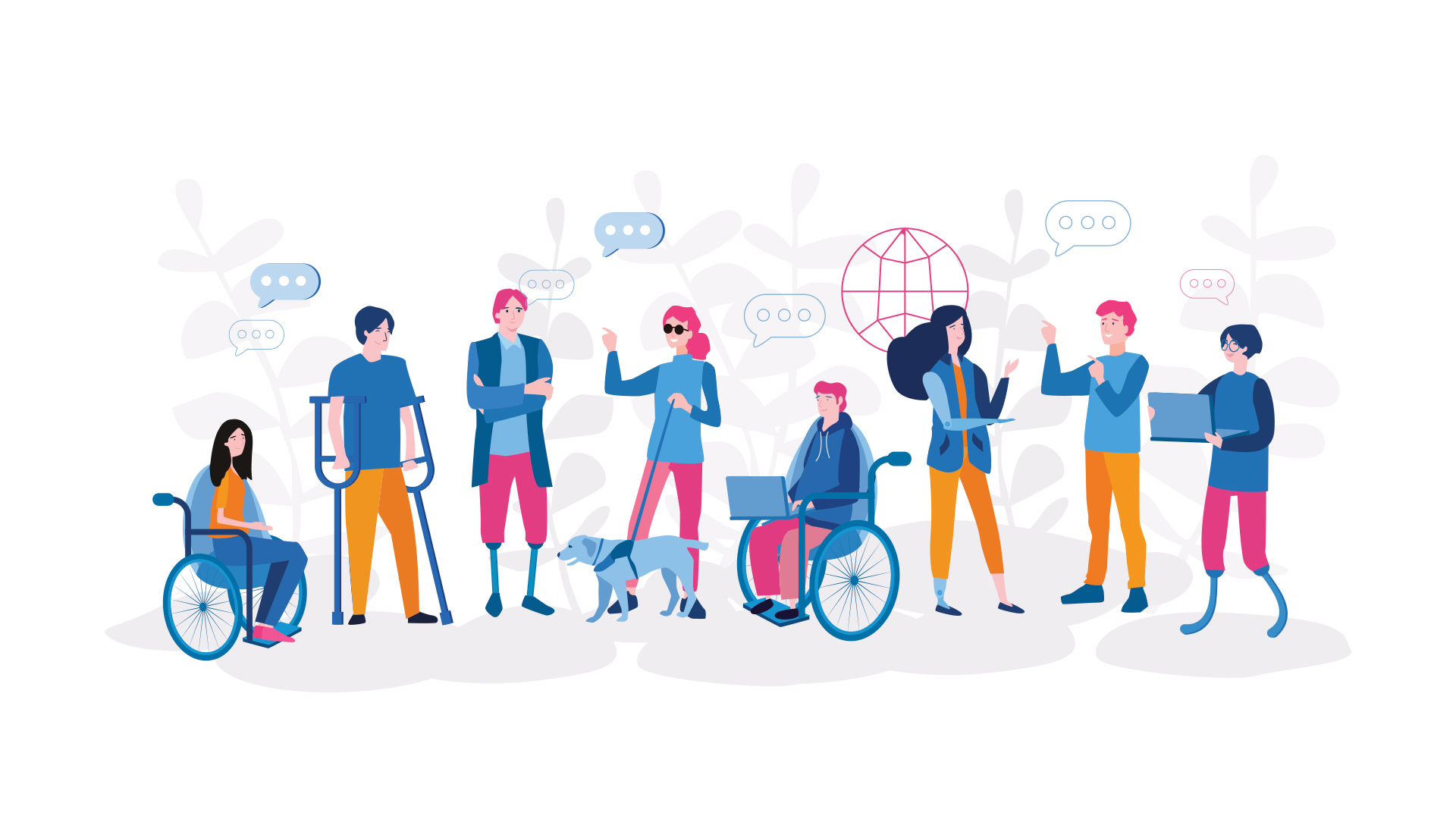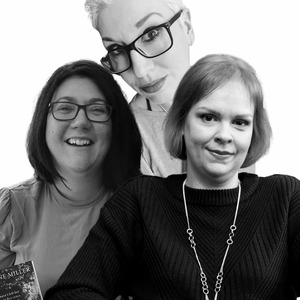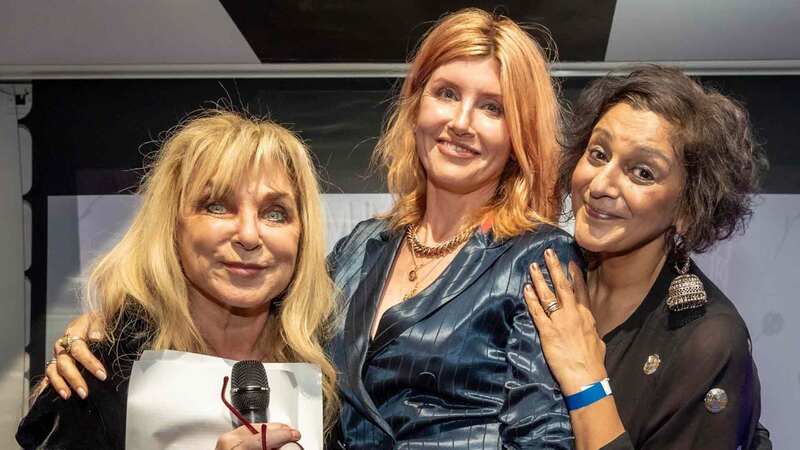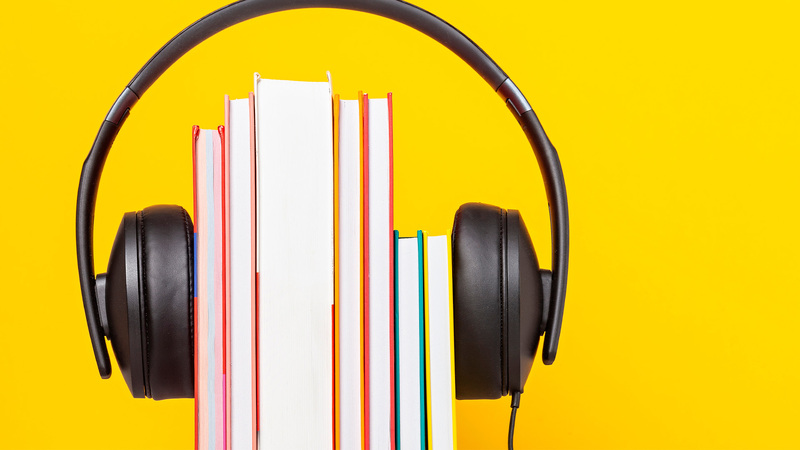You are viewing your 1 free article this month. Login to read more articles.
A chance to change

What has changed in the publishing industry since the last Disability Issue of The Bookseller? You would be the best person to judge that: have you noticed a change in the way things are done? How many disabled people are you working with? How many books have you read by disabled authors or featuring disability? Did they have disabled characters who weren’t cured and were more than just sidekicks or sacrifices? Have you attended events that offer remote access for speakers and attendees? What did you do for Disability Pride Month in July?
Last year, the Society of Authors group Authors with Disabilities and Chronic Illnesses (ADCI) laid out actionable steps for the industry on how to ensure accessibility and inclusivity of disabled authors and employees. You can find the article here: bit.ly/3UMO0SW and the list of steps here: bit.ly/3dR7ZPY. ADCI members have noticed gradual improvements: opportunities and programmes are actively encouraging disabled applicants, several new disability literary prizes have launched, along with the Inklusion Guide that was seeking funding in last year’s issue. The free,
What has changed in the publishing industry since the last Disability Issue of The Bookseller? You would be the best person to judge that: have you noticed a change in the way things are done? How many disabled people are you working with? How many books have you read by disabled authors or featuring disability? Did they have disabled characters who weren’t cured and were more than just sidekicks or sacrifices? Have you attended events that offer remote access for speakers and attendees? What did you do for Disability Pride Month in July?
Last year, the Society of Authors group Authors with Disabilities and Chronic Illnesses (ADCI) laid out actionable steps for the industry on how to ensure accessibility and inclusivity of disabled authors and employees. You can find the article here: bit.ly/3UMO0SW and the list of steps here: bit.ly/3dR7ZPY. ADCI members have noticed gradual improvements: opportunities and programmes are actively encouraging disabled applicants, several new disability literary prizes have launched, along with the Inklusion Guide that was seeking funding in last year’s issue. The free, downloadable guide summarises best-practice accessibility across hybrid, online and in-person events, so that no one is excluded.
More still needs to be done, as one in five people are disabled, so with proportional representation disabled people should make up 20% of the publishing industry. That’s not the case. Those who are employed face huge obstacles to ensure access to work and fair treatment, while navigating stigma and bias. It’s important to remember that we are all one accident, virus or serious illness away from disability; even ageing brings on additional needs. It’s essential that we establish working practices and resources that support all, no matter their level of health or physical ability, to ensure inclusion. No-one should be forced to leave the industry when simple adaptations are all that’s needed; this can be achieved by working with disabled people already in publishing.
Improved inclusion of disabled people is about more than just representation, it’s also about ensuring disabled voices are heard and their stories are told, especially at a time when those of us on the marginalised fringes are falling further behind and facing increased difficulties to simply survive. The publishing industry has the power to show society the human faces of disability, to help the world understand that disabled people are just like you, with hopes and dreams, loves and losses, but with additional health challenges.
For too long disabled people have been invisible and easier to write off as acceptable losses, but we are not statistics that can be swept aside; we are your family and friends and colleagues. Our experiences might be different but are no less important, our forms of communication or ways of working might need the industry to adapt, but we bring value to publishing and the wider world. We just need the opportunity to show that.
downloadable guide summarises best-practice accessibility across hybrid, online and in-person events, so that no-one is excluded.
More still needs to be done, as one in five people are disabled, so with proportional representation disabled people should make up 20% of the publishing industry. That’s not the case. Those who are employed face huge obstacles to ensure access to work and fair treatment, while navigating stigma and bias. It’s important to remember that we are all one accident, virus or serious illness away from disability; even ageing brings on additional needs. It’s essential that we establish working practices and resources that support all, no matter their level of health or physical ability, to ensure inclusion. No-one should be forced to leave the industry when simple adaptations are all that’s needed; this can be achieved by working with disabled people already in publishing.
Improved inclusion of disabled people is about more than just representation, it’s also about ensuring disabled voices are heard and their stories are told, especially at a time when those of us on the marginalised fringes are falling further behind and facing increased difficulties to simply survive. The publishing industry has the power to show society the human faces of disability, to help the world understand that disabled people are just like you, with hopes and dreams, loves and losses, but with additional health challenges.
For too long disabled people have been invisible and easier to write off as acceptable losses, but we are not statistics that can be swept aside; we are your family and friends and colleagues. Our experiences might be different but are no less important, our forms of communication or ways of working might need the industry to adapt, but we bring value to publishing and the wider world. We just need the opportunity to show that.



















